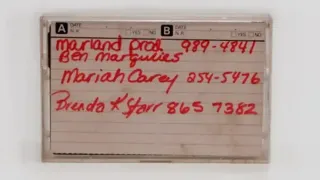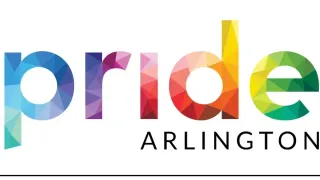February 18, 2021
Angola Officially Sheds Colonial Era Anti-LGBTQ Law
Kilian Melloy READ TIME: 2 MIN.
The African nation Angola has officially shed a law left over from its colonial era that criminalized gay people, with new legislation going into effect this month, Out reports.
The change, which does away with the "vices against nature" statute that had been used to justify anti-LGBTQ discrimination, was approved more than two years ago, in January of 2019, by the country's parliament, noted Human Rights Watch in a November, 2020 update to an article from that time. It wasn't until last November that Angola's president, João Lourenço, signed the measure into law.
Many nations where anti-LGBTQ laws still persist were once colonized, with the oppressive laws being remnants of that colonial past. Angola gained its independence from Portugal in 1975 before becoming embroiled in a decades-long civil war that ended in 2002.
Many African nations still enshrine anti-LGBTQ statutes in their penal codes. Malawi has outlawed marriage equality and, Wikipedia notes, citing a Human Rights Watch report from 2018, that "members of the LGBT community are vulnerable to arbitrary arrest, physical violence and discrimination."
Similarly, marriage equality is banned in Uganda, where British colonial rule instituted a tradition of anti-gay laws that persists to this day. That country drew international condemnation when it mulled a "death to gays" bill after American evangelicals brought an anti-LGBTQ message to Uganda.
South Africa has written protections for LGBTQ people into its constitution, but social attitudes are still homophobic and violence targeting gay men and lesbians persists in that country. Until the adoption of an interim constitution in 1993 and then a new constitution in 19996, South African law - derived from Dutch colonial days - imposed harsh penalties on gays.
The new law took effect in Angola on Feb. 9. Equality activist Jean-Luc Romero-Michel took to Twitter to celebrate the occasion that day, hailing the change as "A great step forward for #Human Rights, which calls for others," and posting: "The law decriminalizing homosexuality passed in #Angola in 2019 took effect today."
Added Romero-Michel: "Discrimination on the basis of sexual orientation is now reprehensible and even punishable by prison."
Indeed, the new law does not just decriminalize LGTBQ people; it stipulates sentences of up to two years for anti-LGTBQ discrimination.






